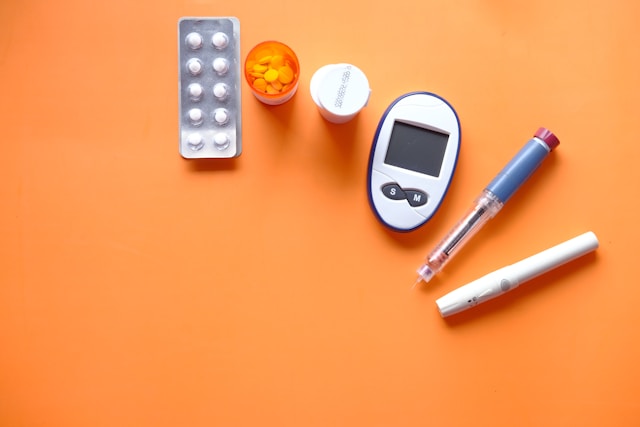


We all know that sweets are generally off-limits for people with diabetes. However, the truth is that enjoying desserts isn’t entirely forbidden!
Thanks to advancements in nutritional science and the availability of healthy alternatives, people with diabetes can enjoy delicious and safe desserts—provided they choose ingredients wisely and consume them in moderation. In this article, we reveal the best desserts suitable for diabetics and the recommended portions based on doctors’ advice and scientific studies.
There are many desserts that diabetics can enjoy without negatively impacting their blood sugar levels. One example is chocolate soufflé, which, when made at home using healthy ingredients, can contain about 20 grams of carbohydrates and 175 calories. It’s recommended to split the serving in half to reduce the carb content to 10 grams per piece.
Strawberry cheesecake is another low-carb option, with each slice containing only 5 grams of carbohydrates and 50 calories.
Apple oat brownies, made with oats, apples, and cocoa and sweetened with natural sweeteners like stevia or date syrup, are considered a healthy dessert choice for diabetics. Sesame balls with date syrup are also a healthy, tasty, and easy-to-make option. Additionally, there are sugar-free versions of traditional desserts like kunafa and basbousa, prepared using almond or coconut flour.
Doctors recommend having just one small piece of dessert per day, making sure it stays within the daily recommended calorie intake. It’s best to consume it after a main meal rich in protein and fiber, which helps slow down the absorption of sugar into the bloodstream.
Doctors also explain that eating sweets can cause a rapid spike in blood glucose levels, leading to symptoms like excessive thirst, fatigue, and increased urination.
A study showed that excessive sugar intake increases the risk of depression by 27%, diabetes by 15%, and stroke by 22%. The World Health Organization (WHO) recommends reducing the consumption of free sugar, especially in the form of sugary drinks—to lower the risk of non-communicable diseases such as diabetes and heart disease.
It is advisable to prepare desserts at home to control the ingredients and portions. Even when eating healthy sweets, moderation is key, and it’s essential to consult a doctor or dietitian before making any changes to the diet.
Source: Al Khaleej Magazine